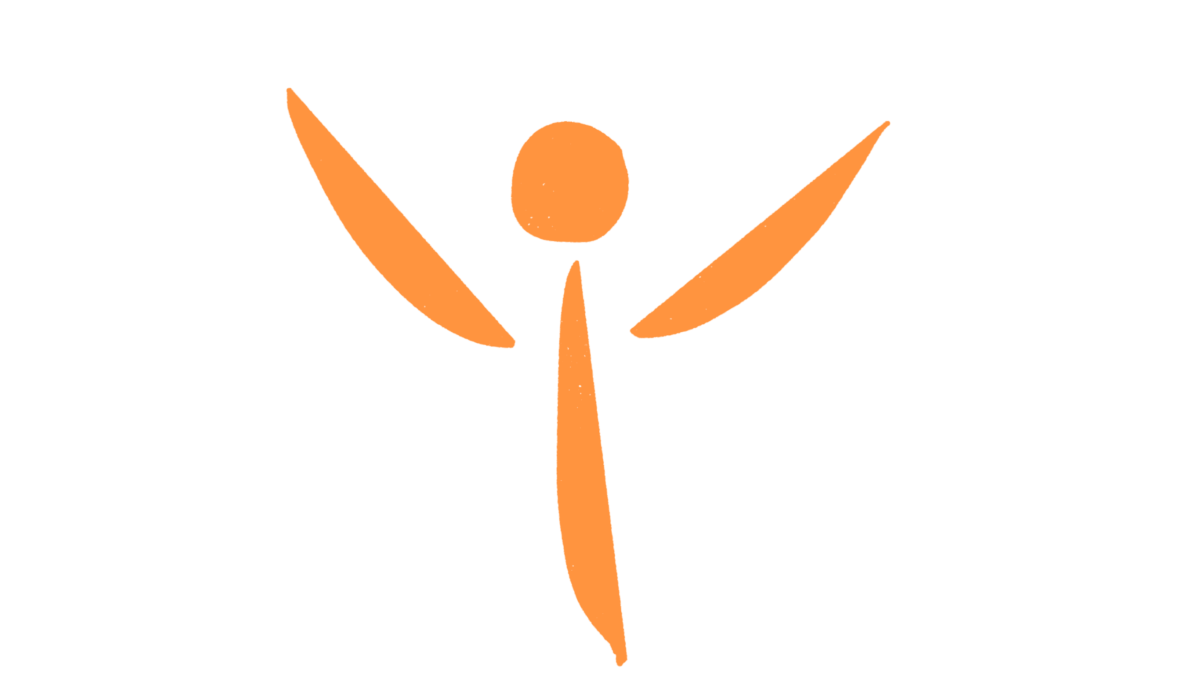
our 3 brains
A useful way to think about changing behaviours or patterns of thinking is; people will change when they fully understand and can integrate the change at three levels:
• Head
• Heart
• Gut
From my own experience, let’s take stopping smoking, which I did In 1997. The history is; started at 21 years old at 25 per day for around 20 years, stopped for about 5 years, started again for 5 years at 20 per day or 5 cigars per day, then stopped finally. I must admit it looks awful seeing it written down😳. Any way how did I finally stop? Like a lot of smokers , I knew intellectually (in my head) that it is unhealthy to smoke; it is not good for you for all sorts of well explained reasons. At the head level then, I had accepted (but not integrated), the need to change. That was not enough to make me stop😏. One day, I was invited to a medical check-up by my Company and asked to blow as hard as I could into a little machine. The machine did not play happy music and the output, along with the doctor person’s interpretation, caused a ‘gut’ reaction. A pulse of fear ran through me and now I have two of the three reasons to change, head and gut. Having the two together, caused me to analyse the consequences of the habit much more, i.e. what would happen to me if I carried on smoking, what would happen if I stopped, how would I cope? From this I developed a possible strategy to do the ‘stopping’. With this in place, I searched and knew in my heart of hearts, I would stop (I got the power). With my head, heart and gut now in agreement, I stopped.
If you are a smoker, this is my ‘warm turkey’ strategy for stopping.
Since most smoking is habitual i.e. I always have one with a cup of tea after eating breakfast, then I have one in the car on the way to work, then I have one when I arrive at work etc.. I simply delayed having the first cigarette for an hour, on the first three days, then next three days delayed by another hour, then next three days by another hour etc.. What I found was, when I had delayed the first cigarette to four o’clock in the afternoon, I’m saying to myself, “you can wait this long, so why bother with this one?” I’m choosing now not to have it and could finally throw the packet away. The key here is I chose, I made a conscious choice🦉
The reasons you’d want to know about this are:-
• Becoming the ‘real you’ will most certainly involve change on your part
• This insight will help you create the conditions for change, also execute and sustain the change
What is this about?
This is to do with how we, as humans, approach change. It is useful to think about change requiring agreement within us, across three parts.
There is an intellectual part of us (head) that does the analysing and thinking about the reason to change, what the change actually will be, how we will do it and what the consequences will be. In my stop smoking example above, at the beginning, this part had only really looked superficially at the evidence available about why I should stop and not associated what it was finding with the true ‘me’.
The second part, (gut) came into play in the doctor’s office, with that pulse of fear. I had a visceral response and now instinctively, if you like, knew, something was amiss. Having this part in play now, as it were, caused me to associate the damage of smoking directly to me, and triggered deeper intellectual thinking around why, what , how.
Finally, in this example the third part, the (heart) came into play where I examine in my ‘heart of hearts’, do I have the will, the power, to do this?
I have a belief that our heart is the seat of our power (e-motion). It is the driver. It is where our love comes from and is the part that contains the spirit within us.
Note, I’m equating these three parts thus:-
• Head —- Intellect
• Heart—- love / spirit / power
• Gut —– Instinct / visceral / intuition
Also I believe the order in which we ‘get’ things varies. So we may get something intellectually first (head), as I did with smoking, or maybe the first thing we get is an intuition (gut), or maybe we experience a deep instinctual trigger (gut). The important thing for change to happen is, we need agreement across all three👍👍👍.
How can we use this insight?
As I have said, only you can change you and you will only do that if you truly want to change.
It is my belief that this is where the ‘want to’ gets sorted out – in the agreement of these three parts Head – Heart – Gut
Think about a change you are considering but you haven’t really made yet.
- Are all the parts in agreement?
- Are you sure?








